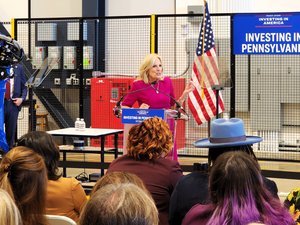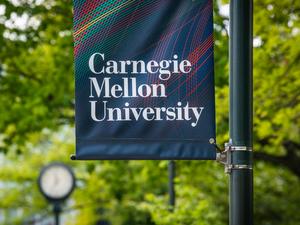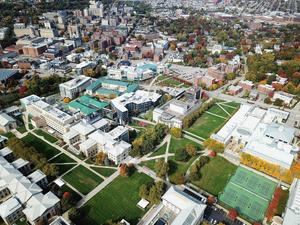
A team of researchers from Penn State University and Carnegie Mellon University have teamed up to develop an environmental hazard monitoring and detection system that relies on existing, in-ground fiber optic cables.
It's an effort that has the backing of the National Science Foundation, which awarded a $937,000 grant to research work that's being conducted in Pittsburgh and led by Tieyuan Zhu, an associate professor of geosciences at Penn State.
The funding comes as part of the NSF's Civic Innovation Challenge, which is being carried out in partnership with the U.S. Department of Homeland Security, U.S. Department of Energy and the U.S. Department of Agriculture.
By using these fiber optic cables, Zhu has developed a distributed acoustic sensing (DAS) capability that relies on the detection of nanoscale vibrations being transmitted through these cables. Algorithms and the use of machine learning, the research has found, can then translate these vibrations into being able to identify different types of geographic hazards like flooding, sinkholes, landslides and others across a wide area and at a fraction of the price that more advanced sensors would cost.
"With extensive community engagement, this project will demonstrate and calibrate this new real-time, high resolution, easy-to-implement and economic sensing system that has potential to truly revolutionize how we manage geo-environmental and infrastructure challenges and create smart, sustainable and equitable cities,” Zhu said in a statement. "While Pittsburgh is a natural fit for this initial implementation, we anticipate that the insights and lessons learned could facilitate much broader implementation of this potentially very impactful tool."
Zhu and his team picked Pittsburgh for this effort due to the city's older infrastructure, diverse terrain and its likelihood of experiencing geological hazards. Karen Lightman, executive director of CMU’s Metro21: Smart Cities Institute, is overseeing community partner engagement for the research.









